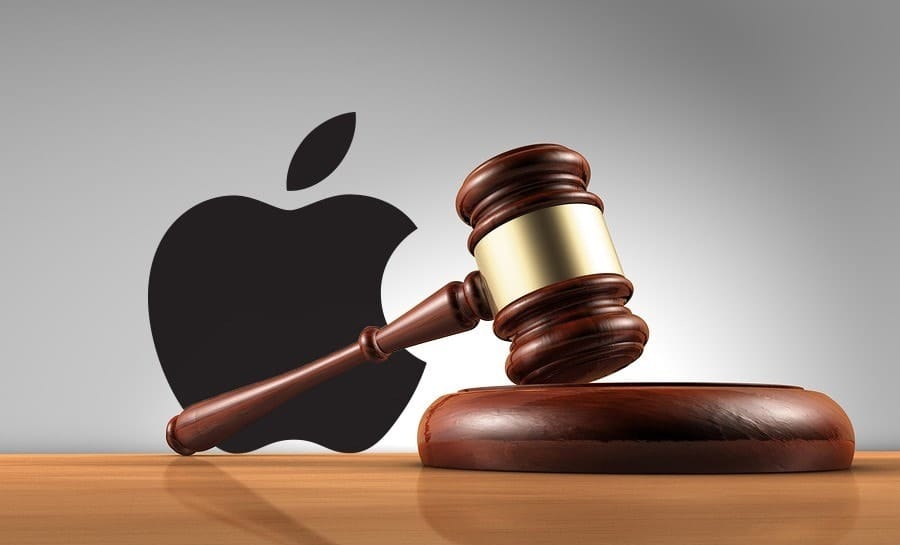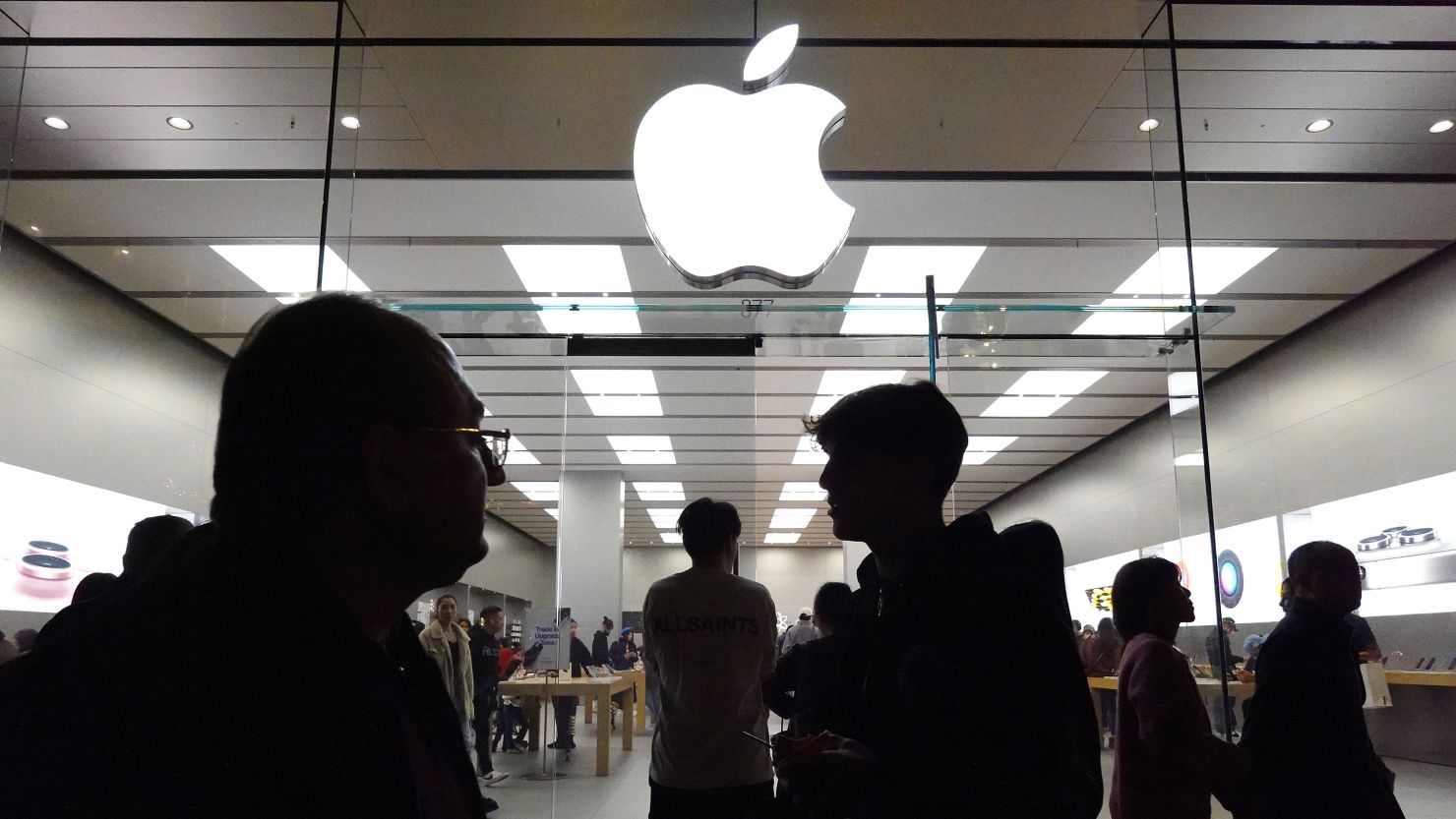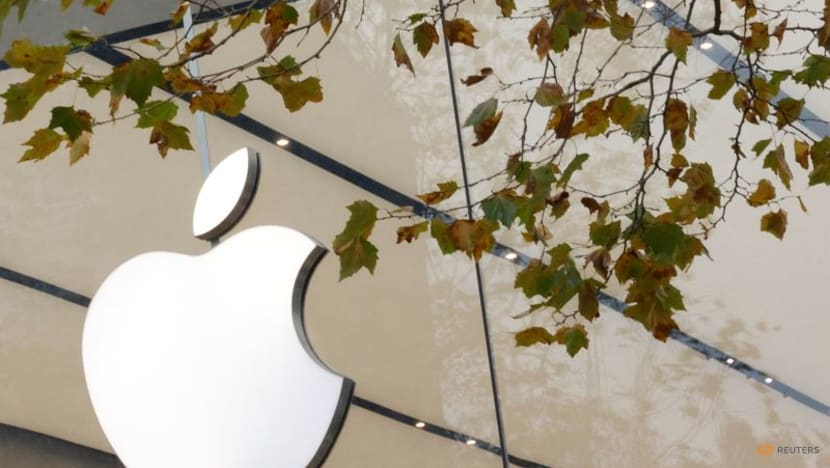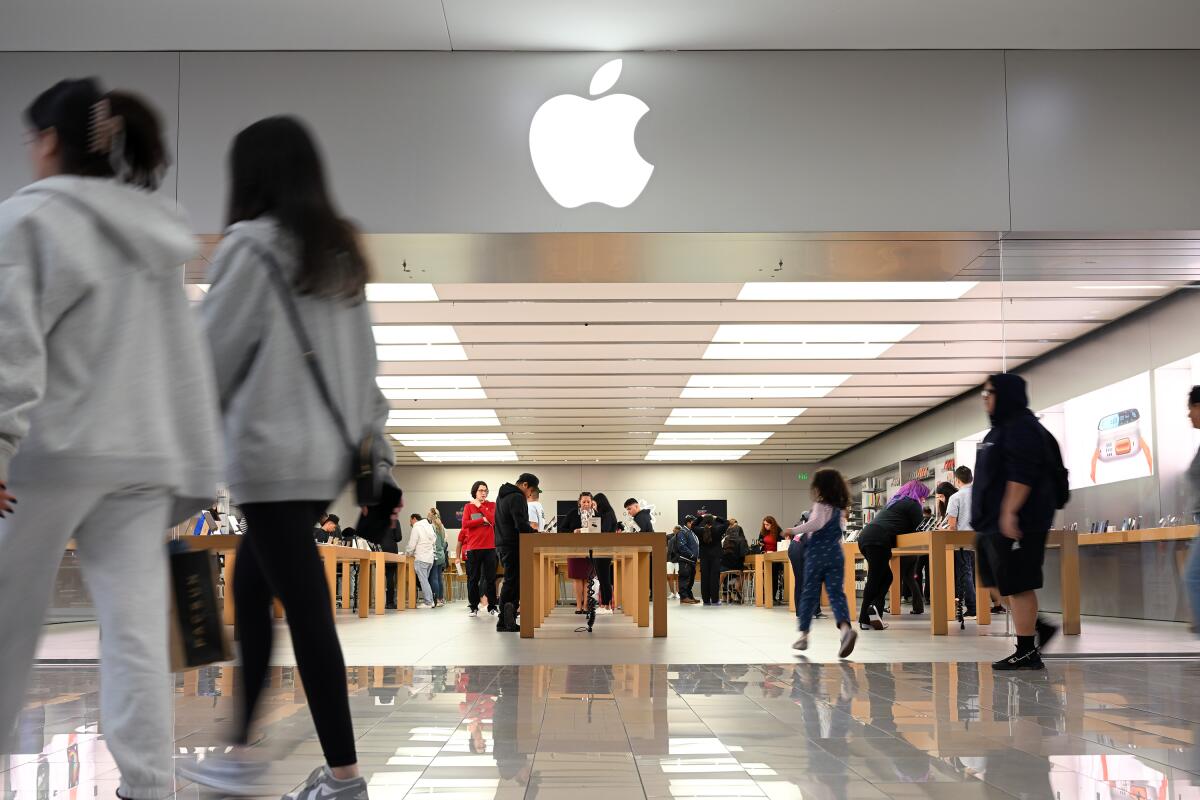Business
Apple Has Kept An Illegal Monopoly Over Smartphones In US, Justice Department Says In Antitrust Suit

Washington —A.P.he Justice Department announced a broad antitrust case against Apple on Thursday, accusing the company of creating an illegal smartphone monopoly that excludes competitors and stifles innovation.
The case, filed in federal court in New Jersey, claims that Apple has monopoly power in the smartphone market and utilizes its control over the iPhone to “engage in a broad, sustained, and illegal course of conduct.”
The lawsuit, which was also filed with 16 state attorneys general, is the latest example of the Justice Department’s aggressive enforcement of federal antitrust law. Officials say it is intended to ensure a fair and competitive market, despite the fact that it has lost some significant anticompetition cases.
Apple deemed the case “wrong on the facts and the law” and stated it “will vigorously defend against it.”
Apple Has Kept An Illegal Monopoly Over Smartphones In US, Justice Department Says In Antitrust Suit
President Joe Biden has urged the Justice Department and the Federal Trade Commission to rigorously enforce antitrust laws. Some business executives have objected to the Democratic administration’s increasing surveillance of corporate mergers and business deals, calling it overreaching, but others have praised it as long necessary.
The case is directly aimed at the digital fortress that Apple Inc., based in Cupertino, California, has painstakingly built around the iPhone and other popular products such as the iPad, Mac, and Apple Watch to create what is often referred to as a “walled garden” in which its meticulously designed hardware and software can coexist while requiring consumers to do little more than turn the devices on.
The strategy has helped Apple become the world’s most affluent corporation, with annual revenue of about $400 billion and, until recently, a market value of more than $3 trillion. However, Apple’s stock has declined 7% this year, while the rest of the stock market has risen to new highs, allowing long-time rival Microsoft — the target of a major Justice Department antitrust action a quarter-century ago — to take the lead as the world’s most valuable corporation.
According to Apple, a victory in the lawsuit would “hinder our ability to create the kind of technology people expect from Apple — where hardware, software, and services intersect” and that it would “set a dangerous precedent, empowering government to take a heavy hand in designing people’s technology.”
“At Apple, we innovate every day to make technology people love — designing products that work seamlessly together, protect people’s privacy and security, and create a magical experience for our users,” the company said in a press release. “This action undermines who we are and the ideals distinguishing Apple goods in intensely competitive marketplaces.
Apple has defended the walled garden as an essential feature valued by users seeking the best protection possible for their personal information. It has framed the barrier as a means for the iPhone to separate itself from handsets using Google’s Android software, which is less restrictive and available to a wider range of manufacturers.
Fears of an antitrust crackdown on Apple’s business model and concerns that it is falling behind Microsoft and Google in the race to build artificial intelligence-powered devices have all contributed to the company’s stock price decline.
However, antitrust investigators made it clear in their complaint that they saw Apple’s walled garden primarily as a tool to ward off competition. It established market circumstances that allowed it to charge higher prices, which have pushed its soaring profit margins while limiting innovation.
Apple Has Kept An Illegal Monopoly Over Smartphones In US, Justice Department Says In Antitrust Suit
Attorney General Merrick Garland said in a statement, “Consumers should not be forced to pay higher prices because businesses violate antitrust laws. “We contend that Apple has maintained monopoly strength in the smartphone industry not just by outperforming competitors on merit but also by breaching federal antitrust laws. If left undisturbed, Apple would simply strengthen its smartphone monopoly.”
The Biden administration is escalating an antitrust siege in an attempt to limit Apple’s dominance, which has already resulted in lawsuits against Google and Amazon accusing them of using illegal tactics to stifle competition, as well as unsuccessful attempts to block acquisitions by Microsoft and Facebook parent Meta Platforms.
Apple’s economic interests are also entangled in the Justice Department’s case against Google, which went to trial last October and is set to begin closing arguments on May 1 in Washington, D.C. In D.Cthat case, regulators claim Google has stifled competition by paying for the rights to its already dominant online search engine to be the default place to handle queries on the iPhone and a variety of web browsers, in an arrangement worth an estimated $15 billion to $20 billion per year.
Now that the Justice Department is directly attacking Apple’s business, the company will lose considerably more.
The Justice Department is following up on other recent attempts to compel Apple to change how it operates the iPhone and other elements of its company.
Epic Games, the creator of the blockbuster video game Fortnite, filed an antitrust action against Apple in 2020 to break down the barriers safeguarding the iPhone App Store and a profitable payment system that operates within it. Apple has traditionally charged commissions ranging from 15% to 30% on digital transactions performed within applications, which Epic claimed was possible by an illegal monopoly that drives up consumer prices.
Apple Has Kept An Illegal Monopoly Over Smartphones In US, Justice Department Says In Antitrust Suit
Following a month-long trial in 2021, a federal court decided primarily in Apple’s favour, except for allowing links to other payment alternatives within iPhone apps. Apple unsuccessfully contested that section of the verdict until the United States Supreme Court declined to hear an appeal in January, forcing the corporation to concede. However, Apple’s concessions to comply with the verdict are still being challenged as “bad faith” by Epic, seeking an April 30 hearing to ask U.S. District Judge Yvonne Gonzalez Rogers to require additional revisions.
Apple also had to open up the iPhone to allow apps to be downloaded and installed from competing stores in Europe earlier this month to comply with a new set of regulators known as the Digital Markets Act, or DMA, but critics see its approach as little more than a workaround that will allow it to continue to stifle true competition. European Union regulators have already promised to tighten down on Apple if the company’s actions continue to stifle meaningful consumer choice.
This comes on top of a $2 billion (1.8 billion euro) fine that European regulators levied earlier this month after determining that Apple had harmed competition in music streaming via the iPhone, despite Spotify being the market leader.
SOURCE – (AP)












































